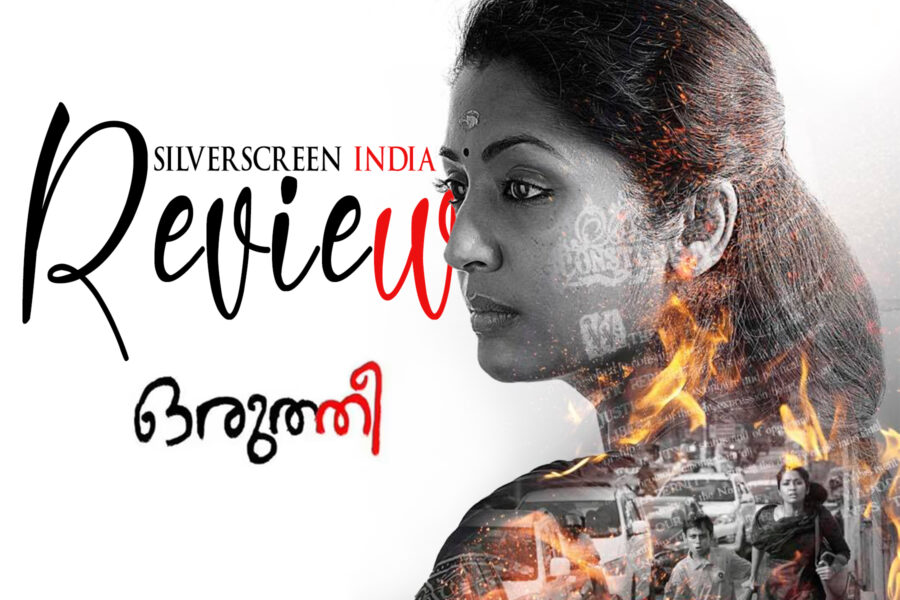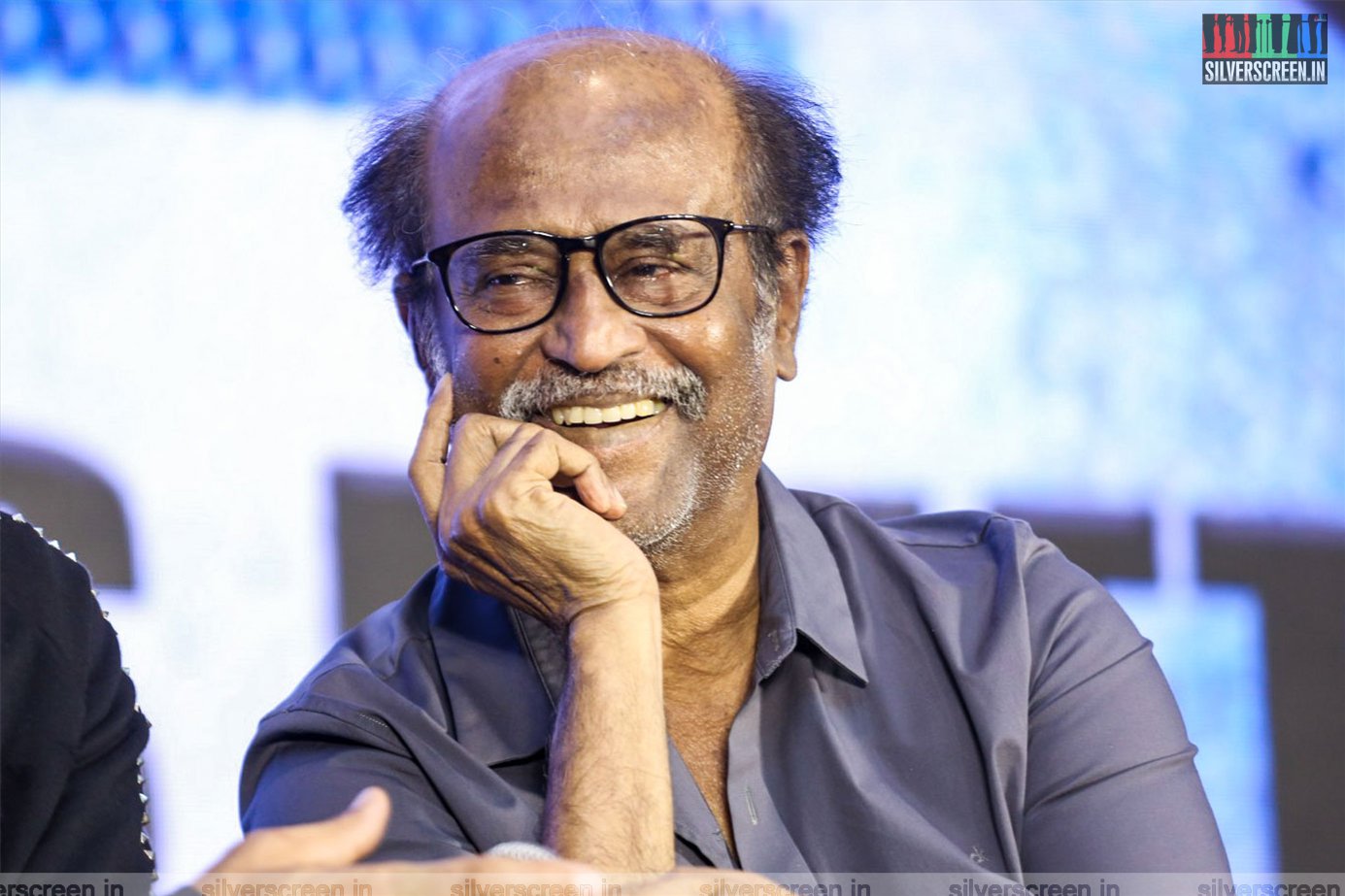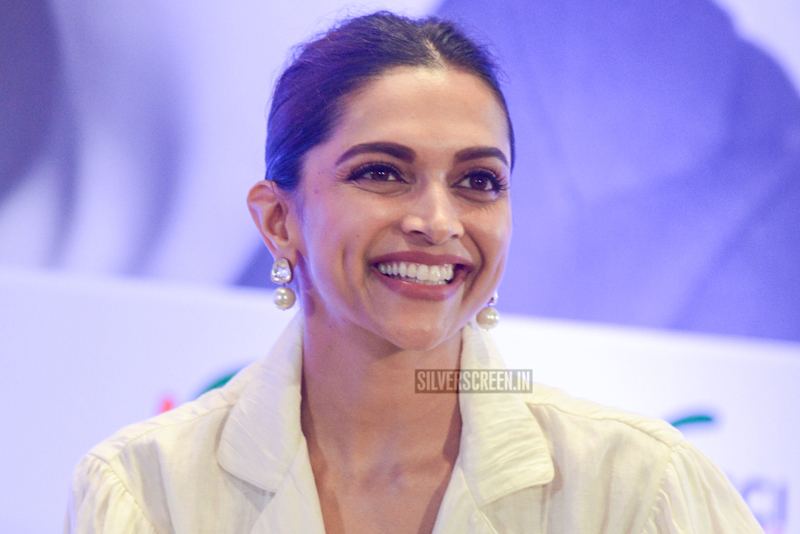For most of Oruthee, the camera is restless. As the film’s protagonist, Radhamani (Navya Nair), dashes from one room of her modest house to another, setting the life of her family in order, the camera shakes and jerks. This bumpy visual texture is a signature element of director VK Prakash’s films, but in Oruthee, it does not come across as an affected stylistic choice. The anxious images mirror the rhythm of Radhamani’s gruelling day-to-day existence.
Outwardly, Oruthee is about an underdog’s fight against a corporate company. Radhamani, a ticketing staff in Kochi’s ferry services and a mother of two children, comes to a situation where she has to take on a renowned jewellery store for fraudulent practices. Her artist husband (Saiju Kurup) is toiling away as a construction worker in a West Asian city. His old mother runs a tailoring unit in the backyard of their house. There are signs of poverty everywhere, but the family resists it with laughs and togetherness. One day, Radha realises that a piece of jewellery they had bought with their hard-earned money is adulterated. Radha knocks on all doors for financial compensation but is brutally chased away.
Essentially, Oruthee is the tale of a woman surviving urban misery. The city, impersonal, polluted and corrupt, nourishes the rich and the powerful, and smothers the poor and the ordinary. In the film’s superbly-staged and performed final act, Radha and her little boy walk and run many miles, trudge through dust and sludge, to retrieve her stolen wallet, her pent-up anger accidentally finding a release in this ordeal.
In the background of Radha’s story, runs a commentary on contemporary Indian politics, a heavy-handed technique to explain the appalling corruption in society. The television news broadcast informs the viewers that the Bharatiya Janata Party, India’s ruling party, has been buying parliamentarians to gain power in state assemblies. Hopelessness pervades in this milieu.
In Oruthee, the underdog isn’t alone in her fight. She finds solidarity in people like her, who are distraught by similar trials by the city. There is a tribe of women around Radha, always in touch with her on phone calls and messages, offering her financial and emotional support. Her little boy, a witness to his mother’s grind and earnestness, accompanies her everywhere, like a faithful friend. This camaraderie is presented without fuss, not as a narrative device to warm the viewer’s heart but as a natural resistance against misery.
Slowly, the writer, S Suresh Babu, extrapolates Radha’s desperation to another character, Antony (Vinayakan), a policeman. The film connects Antony and Radha in a rather simplistic fashion, tying together his idealism with her indomitable will to survive, without making a study of their differences or similarities. The film opens with a scene of a group of cops, led by Antony, chasing a vehicle carrying stashes of counterfeit currency. As they are about to catch the culprit, a call arrives from the higher-ups, instructing them to let the culprit off. Antony is angry too, and the film presents his rage in a refined and popular fashion, to please the audience looking for signs of masculine heroism in a narrative centred on a woman’s extraordinary, but muffled struggle in a chauvinist world.
Oruthee is a film that doesn’t aspire much. There is no real in-depth analysis of the life of women in a big city or an ending that puts forth a grand worldview. Radha and Antony decide to continue their fight against the powerful, but it should come as no surprise. Prakash’s tendencies to play to the gallery – occasionally, a loud background score or an unrelated piece of music barges into the narrative, suffocating it – makes the film much lesser than what it could have been. Nevertheless, Oruthee is memorable for centring itself around an absolutely uninhibited performance by an actress.
Recommended
Oruthee is powered by Navya Nair’s explosive act. Shedding the melodramatic edges that overran her performances in the first part of her career, in the early 2000s, Navya has turned herself into a new actor who knows how to artfully lose herself in the character, the intensity of whose performance could move even the most sceptical among the audience. She internalises the minutiae of Radha’s existence and brings to the fore her vulnerability and strengths, effortlessly switching back and forth between different emotional states. A performance for the ages.
*****
This Oruthee review is a Silverscreen original article. It was not paid for or commissioned by anyone associated with the movie. Silverscreen.in and its writers do not have any commercial relationship with movies that are reviewed on the site.



